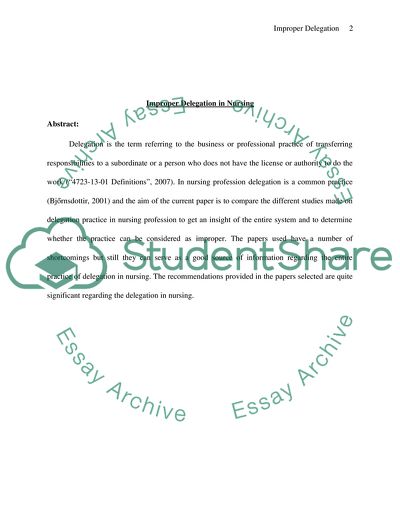Cite this document
(The Business or Professional Practice of Transferring Responsibilities Term Paper, n.d.)
The Business or Professional Practice of Transferring Responsibilities Term Paper. Retrieved from https://studentshare.org/nursing/1714776-report-research-heaa-201-exploring-the-evidence
The Business or Professional Practice of Transferring Responsibilities Term Paper. Retrieved from https://studentshare.org/nursing/1714776-report-research-heaa-201-exploring-the-evidence
(The Business or Professional Practice of Transferring Responsibilities Term Paper)
The Business or Professional Practice of Transferring Responsibilities Term Paper. https://studentshare.org/nursing/1714776-report-research-heaa-201-exploring-the-evidence.
The Business or Professional Practice of Transferring Responsibilities Term Paper. https://studentshare.org/nursing/1714776-report-research-heaa-201-exploring-the-evidence.
“The Business or Professional Practice of Transferring Responsibilities Term Paper”, n.d. https://studentshare.org/nursing/1714776-report-research-heaa-201-exploring-the-evidence.


